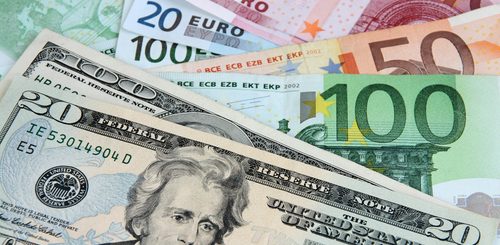Tools Which Can Help Currency Collectors Better Evaluate Notes

Currency collecting requires knowledge, an eye for detail and great patience. As with any hobby, there are also tools that can be used to make the task more organized and efficient. Whether you collect American or foreign currency, below are some tools that can maximize your success, helping you better evaluate notes.
Results From Online Auctions
Many collectors are interested in determining the value of their notes, and one of the best ways to accomplish this is through the results of online auctions. The advanced search tool offered by eBay can be used to find specific notes, allowing you to make comparisons between active listings. You can check the result of previous auctions by selecting either Completed Listings or Sold Listings. This will allow you to see notes like the ones you own which have already been posted or sold, the amount they were sold for, and if unsold, what price is considered too high by the market.
Aside from eBay, another good source is Heritage Auctions, which gives collectors the ability to search through the archives of their auctions. This will help you determine the amount of notes, and since their database has more than 500,000 items that have been sold, there is a good chance you will find information regarding your currency.
Local Currency Dealer
If you know of a local dealer in your area that specializes in currency, they can be an indispensable source of information in regards to determining the value of specific notes. The advantage that these individuals have over online auction or reference guides is that they can provide information on currency that has been recently released, and is not yet added to reference guides, or which is too unique for most online auctions. Since these dealers sell and buy on a daily basis there is a good chance they’ve come across a note which shares similarities with yours.
However, it is important to remember that currency dealers are in business to make money, and prefer to purchase low while selling high. They are responsible for making a profit to ensure their costs are covered, such as the rent of their store and related expenses. Therefore, you should never just walk into a currency shop and sell your note based on the first offer, you should do you own research and get a second opinion.
Reference Guides
Every professional collector has at least a single reference book, usually more than one. They are the easiest way to determine the value of a currency, and will break down values based on series, denomination, star note or note type. The downside to physical reference books is that the information contained in them will ultimately become dated, so digital online sources are best since they will usually contain the most updated information. The most popular reference guides are the “Paper Money of the United States,” “Standard Catalog of United States Paper Money” and “The Standard Guide To Small Size U.S. Paper Money 1928 To Date.”


